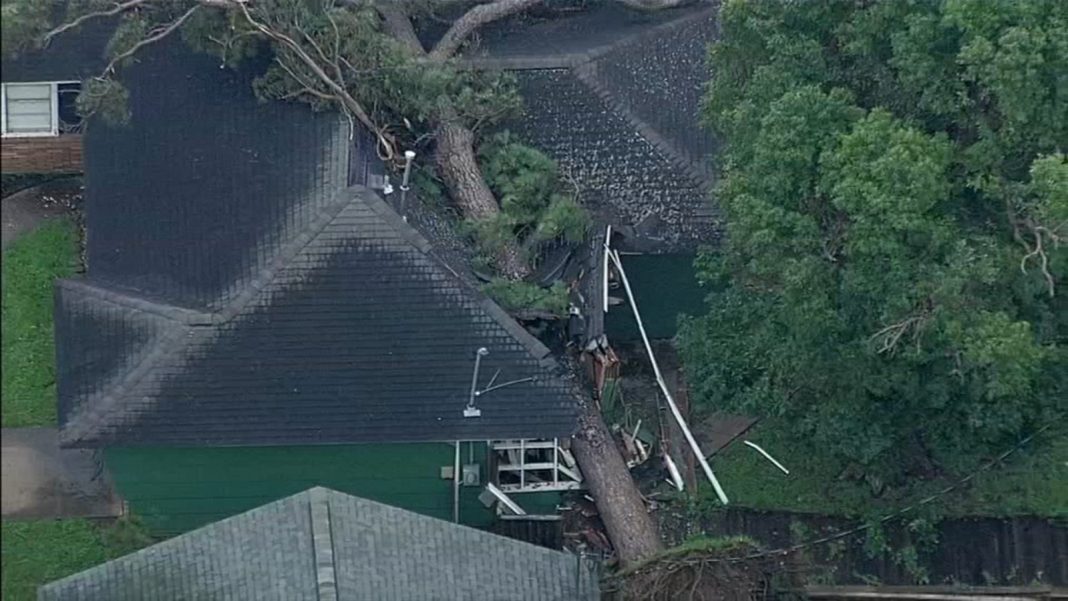The Department of Veterans Affairs (VA) is taking steps to make MDMA-assisted therapy available to veterans with post-traumatic stress disorder (PTSD) through their health care plans. This move comes ahead of potential approval from the Food and Drug Administration (FDA) for the therapeutic use of MDMA, commonly known as ecstasy.
The VA, which operates the largest integrated health care system in the U.S., recently launched an internal “Psychedelic Charter” to develop a comprehensive strategy for the deployment of FDA-approved psychedelic treatments for mental health disorders. The charter outlines the responsibilities of the “Psychedelic Medicine Integrated Project Team,” which will provide strategic direction for the use of psychedelic medicine in mental health treatment within the VA.
In March, the VA opened a center in Portland, Oregon, to conduct a group trial of MDMA for veterans, one of 13 psychedelic studies funded by the VA. The VA has also introduced ketamine-assisted therapy and esketamine treatments at a few dozen centers.
The push for psychedelic mental health therapy from the VA comes as the U.S. faces a growing veterans’ suicide crisis. According to a recent Government Accountability Office report, there were an average of 18 veteran suicides per day in 2021, which is more than 70 percent higher than the national rate. Some estimates suggest that up to 40 former service members take their own lives each day. The VA currently spends $18 billion annually on disability compensation for 1 million veterans with PTSD, putting strain on its budget.
The VA’s decision to prioritize psychedelic therapies has been met with relief and support from advocacy groups like Reason for Hope. However, critics argue that the VA should have taken significant steps earlier, considering the potential benefits of these therapies.
The FDA is set to review MDMA-assisted therapy for PTSD in a public hearing on June 4. If approved, it could be a game-changer for veterans’ mental health care. VA Under Secretary for Health Shereef Elnahal has expressed the need for the VA to be prepared for the “overwhelming demand” that may follow FDA approval.
The pressure to act has come from Congress and veterans’ organizations like the American Legion National Executive Committee. They have raised concerns that if the VA is not prepared to offer psychedelic-assisted therapies, veterans may seek treatment outside the VA system, where providers may lack the specialized expertise needed to address their unique needs.
While there is anticipation for the approval of MDMA-assisted therapy within two years, concerns remain about the limited trial data and uncertainties surrounding the treatment. The Multidisciplinary Association for Psychedelic Studies (MAPS), which conducted the MDMA studies, has faced scrutiny. Some advocates also question why former soldiers are receiving first access to fully-funded legal psychedelic treatments.
Despite these concerns, the move by the VA has been welcomed by veterans’ mental health advocates. Retired Lt. Gen. Martin Steele, president of the Veteran Mental Health Leadership Coalition, emphasized the importance of implementing these treatments in the VA to ensure veterans receive the best available care.
The next challenge will be getting the Department of Defense (DoD) to adopt in-house MDMA-assisted therapy. MAPS founder Rick Doblin highlighted the need for the DoD to follow suit, considering the number of veteran suicides that have occurred while waiting for progress. Dr. Aaron Wolfgang, an army psychiatrist, expressed hope that the DoD would monitor the landscape and prepare accordingly.
In conclusion, the VA’s efforts to fast-track MDMA therapy for veterans with PTSD demonstrate a significant shift in attitude towards medical treatment with scheduled drugs. While there are concerns and criticisms surrounding the rollout and limited data, the potential approval of MDMA-assisted therapy by the FDA could be a turning point for veterans’ mental health care. The VA’s proactive measures and collaboration with experts in the field indicate a commitment to exploring innovative treatments for veterans in need.

